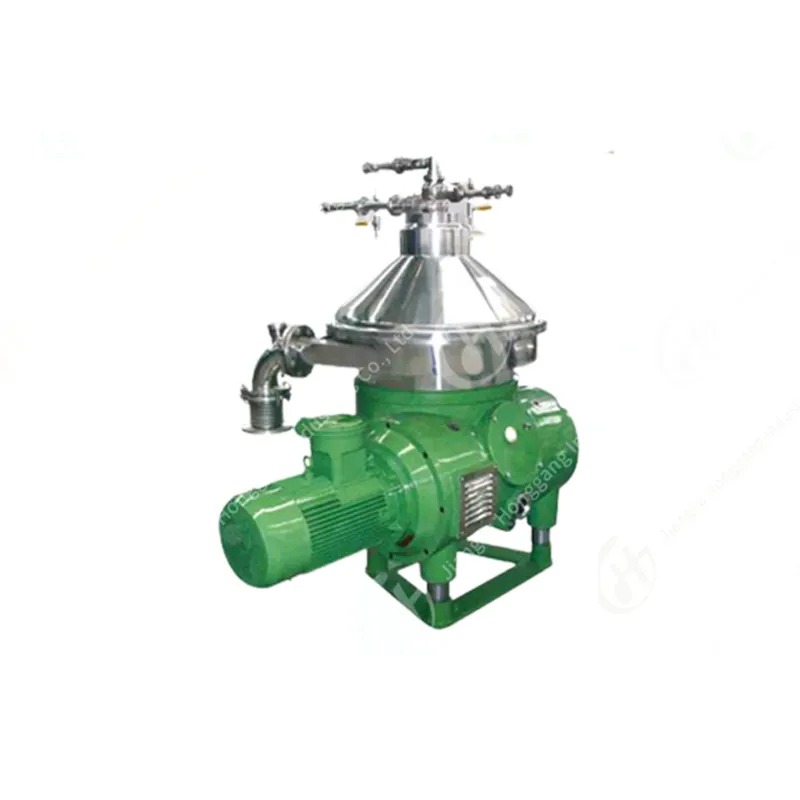How Oil Storage Tanks Support the Energy Industry
2025-05-16
How Oil Storage Tanks Support the Energy Industry
Oil storage tanks play a very important role in the coal, oil and gas industry, providing companies with a safe and efficient solution for storing large quantities of oil between production, processing, management and transportation. Oil storage tanks come in different shapes, contours and designs, suitable for specified requirements and environments, and have obvious advantages, so today we will take a look at how do oil storage tanks work to further understand their importance in the infrastructure field.
how do oil storage tanks work?
Oil storage tanks are used to store crude oil or refined oil company products until they are ready for transportation or further processing. These storage tanks need to adapt to a series of standards, not only pressure, temperature fluctuations, but also potential chemical reactions that need to be kept in mind at all times. Oil storage tanks are generally equipped with safety and monitoring systems to prevent leaks, spills or other environmental hazards.
Generally speaking, oil storage tanks have a foundation or base to stabilize the oil storage tank, a tank body to hold the oil, and an inlet for adding or removing the stored oil. Some storage tanks have floating roofs or fixed roofs, depending on the type of oil in their shadow.
If you want to make storage tanks efficiently, that is the design of the oil storage tank. There are several important key points for oil storage tanks to store oil efficiently and safely.
Foundation and protection:
A stable foundation is essential to prevent storage tanks from sinking or tilting. Many large storage tanks are located on concrete or flexible data, providing new funds for allocation.
Ventilation and pressure control:
Storage tanks should be equipped with ventilation and cooling equipment to control internal and reduce the risk of accumulation. The ventilation system can also help maintain pressure balance, and valve pressure relief is also essential to avoid explosions due to excessive internal pressure.
Protective corrosion:
Corrosion is a big problem if storage tanks are exposed to various factors and chemicals. Oil storage tanks are usually equipped with corrosion-resistant protective materials and protection systems to extend their service life.
Monitoring system:
Modern water storage tanks are equipped with automatic monitoring systems that provide real data about oil, liquid level, temperature and pressure. This facility helps operators monitor the condition of storage tanks, ensure safe storage and reduce the possibility of accidental leaks.
Oil storage tanks are very important to maintain the integration of a connected energy supply chain. They help stabilize the market and establish effective management. By supplementing safety testing standards, we can also further understand how do oil storage tanks work.
Based on the above analysis, we can see that storage tanks are crucial in the energy industry. They support supply chain integration, contribute to market stability and strategically provide reserves. By understanding their role, we also need to understand their impact on the need for reliable and efficient energy.




